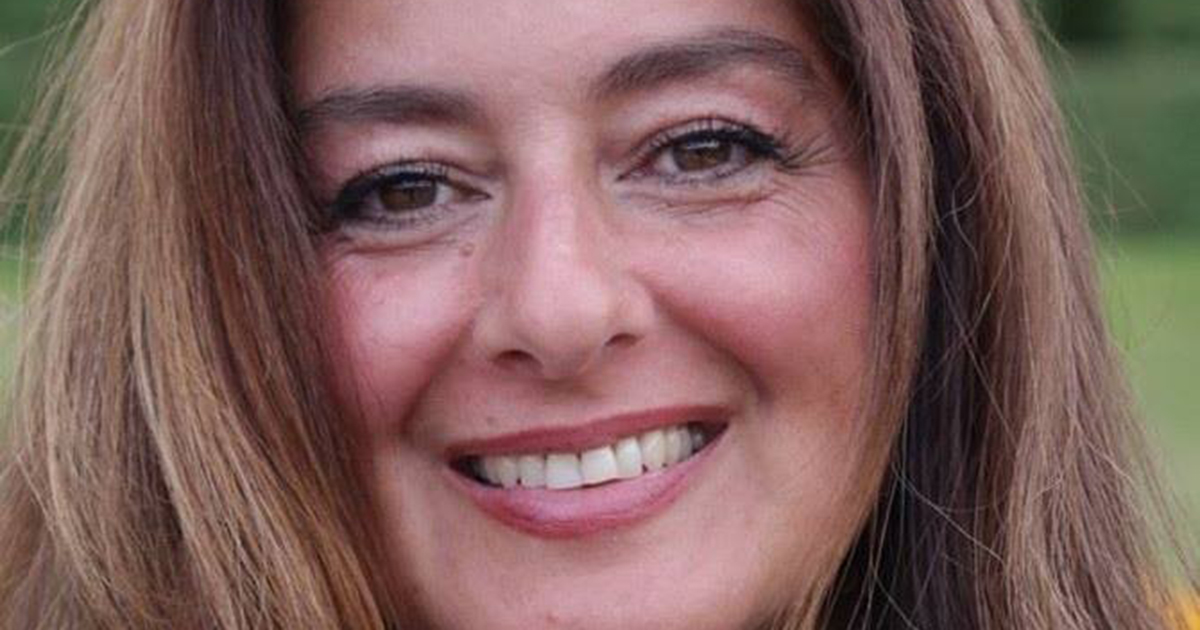Corinne Vella, sister of Daphne Caruana Galizia, the Maltese journalist killed by a car bomb on 16 October 2017, will speak on the panel entitled Investigating links between governments and organised crime: the murders of Daphne Caruana Galizia and Ján Kuciak.
She will join Peter Bardy, editor of Aktuality.sk, the news website for which Ján Kuciak worked, Carlo Bonini of the Italian daily La Repubblica and co-author of the documentary entitled Daphne (to be screened for the first time at the festival), Maria Gianniti, journalist of RAI 1 News, and Alan Rusbridger, principal of Lady Margaret Hall University di Oxford, editor of The Guardian from 1995 to 2015.
The recent murders of two European investigative journalists have shaken international public opinion.
Daphne Caruana Galizia, one of the best known Maltese investigative journalists, was killed on 16 October 2017 by a car bomb. She was the first journalist to reveal the involvement of Maltese government politicians in the Panama Papers, and had also unveiled the involvement of the Maltese Prime Minister’s wife in the Panamanian offshore company Egrant Inc, focusing the attention on the money received from the company and the subsequent agreements of the Maltese government with that of Azerbaijan in the energy field.
A mafia-style execution killed Ján Kuciak on 22 February 2018, together with his girlfriend. Kuciak, a Slovakian journalist, had investigated tax evasion cases that also involved members of the ruling party, and already in October 2017 had reported intimidating phone calls. He had been working on an important investigation into the collusion between politicians and the ‘Ndrangheta, and on the infiltration of organized crime into the economy of the country. On 28 February the Slovakian website Aktuality.sk published the last article by Kuciak, after which the Secretary of the National Security Council, the assistant of Prime Minister Robert Fico and the Minister of Culture all resigned. At the end of March 2018, the Prime Minister himself, under pressure from the political crisis following the assassination of Kuciak, resigned.
The deaths of Daphne Caruana Galizia and Ján Kuciak demonstrate with shocking immediacy the risk for journalists who investigate corruption and the links between organised crime and governments. The deaths remind us that the safety of journalists is an issue that should never be downplayed, and that there are no safe countries.
…


